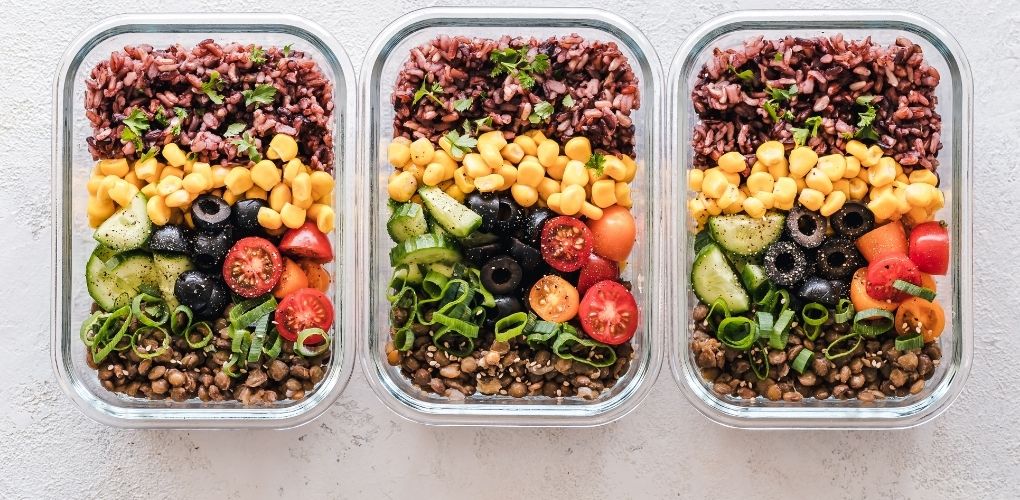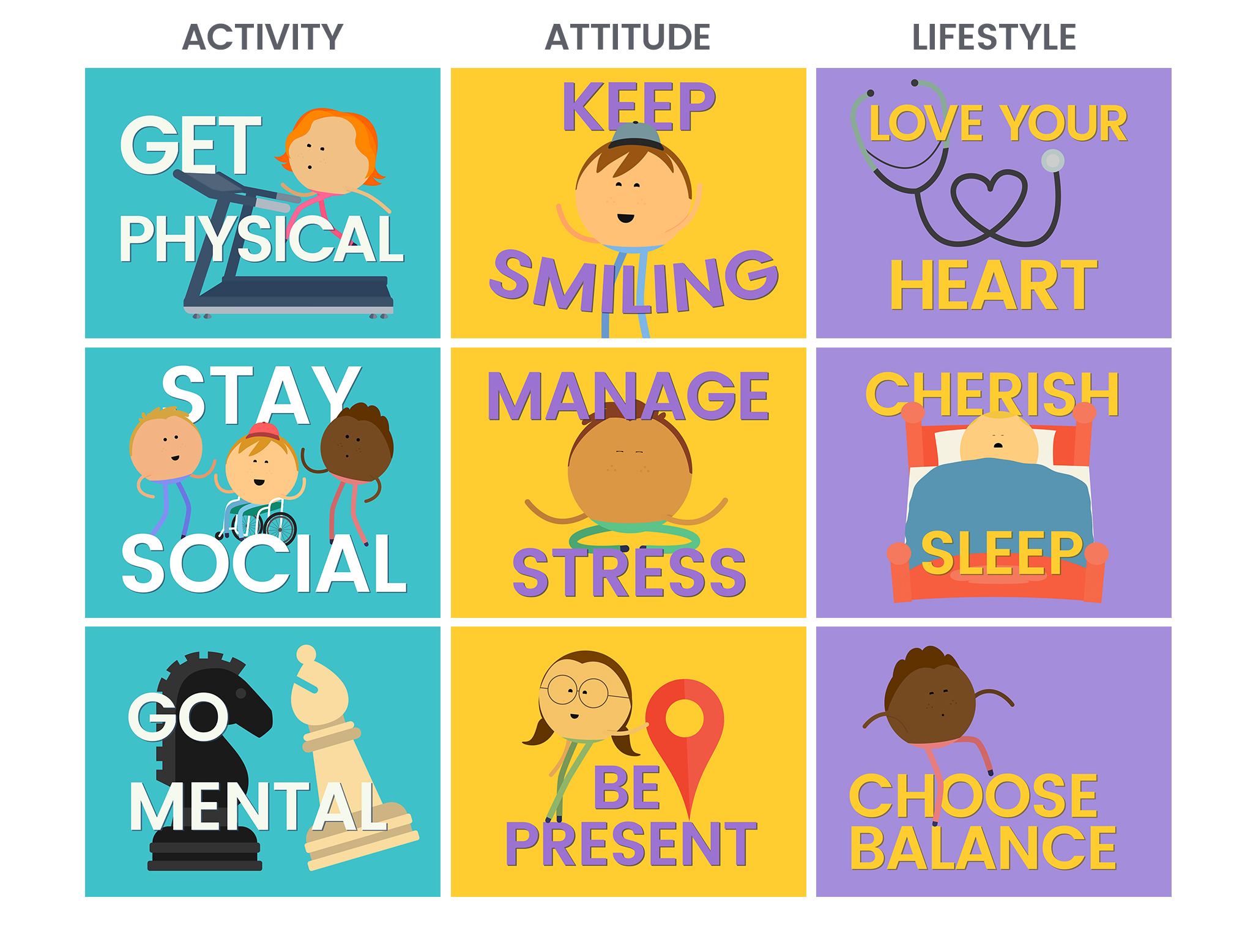
You can lose weight with a gluten free diet by cutting out high-calorie foods. The diet does not just eliminate gluten. It also requires that you read labels on food, which can help you develop healthy eating habits. Informed eating is important for health and is proven to reduce binge eating and unhealthy food intake. To avoid overeating and gaining weight, make sure to measure your portions. It is possible to lose weight by eating a gluten-free diet.
Weight loss is one key benefit of a gluten-free lifestyle. This type of diet can help you not only lose weight, but it can also help you build muscle. However, this diet should not replace exercise, as it can actually increase your appetite. It can also contribute to heart disease, cancer, and arthritis. Before you try a gluten-free diet, it is important to talk with your doctor. The following information will give you a better understanding of this diet.

Gluten-free eating can help you lose weight, but it doesn't mean that you have to cut calories. You will find that this diet is easy to follow. Other than avoiding the foods you love most, it is possible to make gluten-free dishes by replacing pasta with vegetables or making pizza crusts out of cauliflower. You can also cook homemade soup with rice and noodles instead. A cookbook with gluten-free recipes is a great resource that will help you to create delicious new recipes. A registered dietitian is able to help you choose the right supplements.
You may not be able to follow a gluten free diet for good health. But if you do, it will make a significant difference for your long-term well-being. While using certified baking ingredients in baked goods can help reduce calories, it is still a good idea to choose nutrient dense foods if you are trying to lose weight. But don't worry, there's a solution to that problem. There are many gluten free foods available, which contain very little gluten or none at all and are high in nutrients.
If you're considering a gluten-free diet, you should be aware of some of the risks associated with it. You could experience dramatic changes in blood sugar levels, which could lead to obesity and overeating. A gluten-free diet can improve the nutritional profile of your food and help you lose weight. You can get your life back on track by following this diet. If you choose to eat a gluten free diet, you will need to consume a lot high-fiber foods such almonds brown rice and quinoa.

While you may avoid gluten, this doesn't mean you have to stop eating healthy foods. There are many foods that are gluten free. There are many choices: chicken, pork or beef, fish, and dairy. You can also add dietary supplements to help you lose weight. A doctor should be consulted if you have any food allergies.
FAQ
Is Cardio Exercise Good Or Bad For Your Health?
Cardiovascular exercise has many benefits. Cardiovascular exercise improves blood circulation and strengthens your heart muscle. It also increases stamina and helps you lose weight.
Cardiovascular exercise includes running, biking, hiking, swimming, tennis, basketball, soccer, volleyball, football, etc.
It is important to keep in mind that cardio exercises should not only be performed at a high level of intensity, but also at low levels. This could cause injury.
You should only perform the cardiovascular exercise if you are feeling well.
Never push yourself past your limits. Otherwise, you could end up injuring yourself.
Cardiovascular exercise is best done warm-up first. Next, increase your intensity gradually.
You must always listen to what your body is telling you. If you feel pain when doing cardiovascular exercise, you should immediately stop.
After a cardio workout, it is a good idea to take a break. This allows your muscles to recuperate.
Cardiovascular exercise is an important part of losing weight.
This is the best way to lose weight and belly fat.
How quickly can I transform the body of my child?
You must change your mindset. It is important to first make the decision to change.
Once you have decided you want to make changes, you will need to commit to your fitness goals at least for 3 months.
You will then need to choose a program that is compatible with your lifestyle.
It is important to have realistic expectations. If you are not ready to dedicate the time and effort to reach your goal, do not spend money on a gym.
Instead, spend your free time exercising outdoors.
You can lose 1 lb if you walk around the block for one hour each day.
Now that you have an idea of what you want, start planning how to arrange your life to follow this plan.
This includes scheduling a time to exercise each morning before you leave for work and taking breaks throughout the day so that you can move.
Reward yourself for reaching milestones. You can buy accessories and clothes that reflect your success.
What is a good exercise routine?
To stay fit, you need to exercise regularly. It doesn't matter which type of fitness you choose, as long as it is done regularly. The most important thing is consistency. It is important to stay consistent in order to get results.
Begin by walking for a few minutes each day. Gradually increase your exercise time until you are able to spend 30 minutes per day. You could do this by running, swimming, weight training or yoga.
Try to make sure you exercise on all days of the week. Don't miss any sessions unless you have an excuse.
Wear appropriate clothing and footwear when exercising outdoors. Weather conditions can also affect your ability and safety to exercise.
When exercising, ensure you drink lots of water. Avoid drinking alcohol during this time because it can cause dehydration. Caffeinated beverages such as tea, coffee, and cola should be avoided. They can give you energy, but will also dehydrate.
When you first start exercising, you might feel tired after completing your workouts. However, if you continue with your program, you'll soon feel more energetic and refreshed.
Statistics
- According to the American Academy of Dermatology (AAD), men over 50 are at a heightened risk of developing it. (healthline.com)
- An estimated calorie range for moderately active adult males falls between 2,200 to 2,800 calories per day, depending on age. (eatright.org)
- Are You One of the 20% of Guys (mh.co.za)
- Cardmembers earn 5% Back at Amazon.com with a Prime Credit Card. (amazon.com)
- The PRS enabled risk stratification for overall prostate cancer and lethal disease with a four-fold difference between men in the highest and lowest quartiles (HR, 4.32; 95% confidence interval [CI], 3.16-5.89). (pubmed.ncbi.nlm.nih.gov)
External Links
How To
What nutrients does a man require daily?
Men need healthy growth and development. The body needs vitamins, minerals as well as proteins, carbohydrates and fats.
The male body also requires specific nutrients at different times throughout the day. Your body makes hormones, antibodies and enzymes when you are asleep. You use protein to build muscles and repair damaged tissue when you wake up.
At night, your body breaks down fat and stores the extra energy as glycogen. Your body requires fewer calories, but still needs enough nutrients. If you feel hungry, you may consider having a snack during the evening.
When you work out, you need adequate levels of carbs and protein to fuel your muscles. If you train hard, you may experience muscle soreness after exercising.
To prevent this, you must consume carbs and protein within 2 hours of training. To provide energy, your body will begin to break down stored glycogen.
Also, protein must be consumed immediately after your workouts. This prevents muscle tissue from being broken down while you are sleeping.
Your body can produce lactic acid during intense physical activity. The body produces lactic acid when there is too much activity. This can cause fatigue. Avoid this by eating foods rich in carbohydrates such as fruits or vegetables.
Carbohydrates are a good source of energy to help you recover from hard exercise.
Your diet may include lean meats like fish, eggs, milk cheese, yogurt or beans as well as lean proteins such as fish, eggs, egg yolks, cheese, yogurt, bean, peanuts and seeds.
All of these foods contain high quality protein. Protein is important for muscle growth and repair. Protein provides the amino acid your body needs for testosterone and sexhormone production.
To maintain healthy skin, hair, and joints, you also need sufficient dietary fats. Healthy men should consume between 20% to 35% of their daily caloric intake from fat.
Fat protects your heart from cancer and keeps it strong. It helps keep your brain working properly.
Most of the fat you need can be obtained from vegetable oils, including sunflower oil (or soybean oil), peanut oil, peanut oil, soybean oil, and peanut oil.
These oils have high amounts of monounsaturated oil fatty acids, (MUFAs). MUFAs help lower cholesterol and reduce inflammation. They protect cells against damage from free radicals.
Saturated fats (SFAs) are found mostly in animal products like meat, dairy products, and butter. SFAs can raise LDL ("bad") cholesterol levels and increase triglycerides. They can also increase weight and reduce belly fat.
Plant-based fats such as vegetable oils, seeds, nuts and grains contain polyunsaturated (PUFAs). PUFAs improve cardiovascular function and decrease inflammation. They are also good for controlling blood sugar and cholesterol.
Erectile dysfunction is common in men with low HDL ("good") cholesterol. High consumption of saturated fats increases bad cholesterol, which lowers the level of good cholesterol.
Red meat and pork are a common source of prostate problems in men who eat a lot. If cooked at high temperatures, the nitrates become nitrosamines. These compounds can cause cancer.
Most processed meats have nitrites and harmful chemicals. These chemicals should be avoided.
The American Heart Association recommends limiting red meat intake to two meals per week. Instead, choose poultry, fish, legumes, tofu, whole grain bread, and cereals.